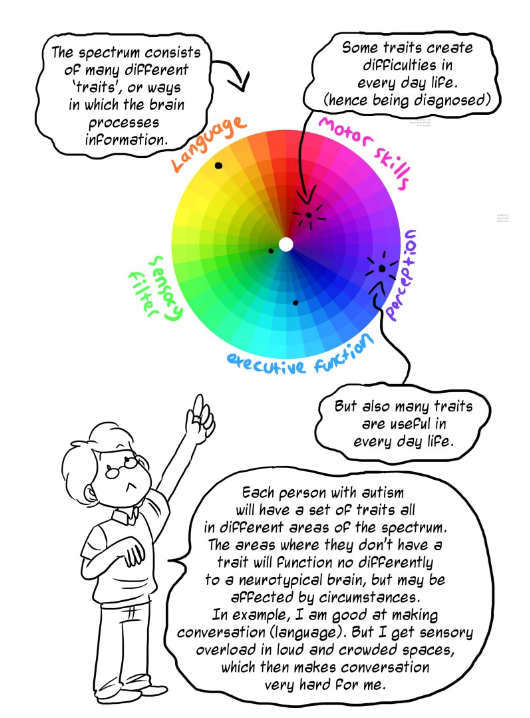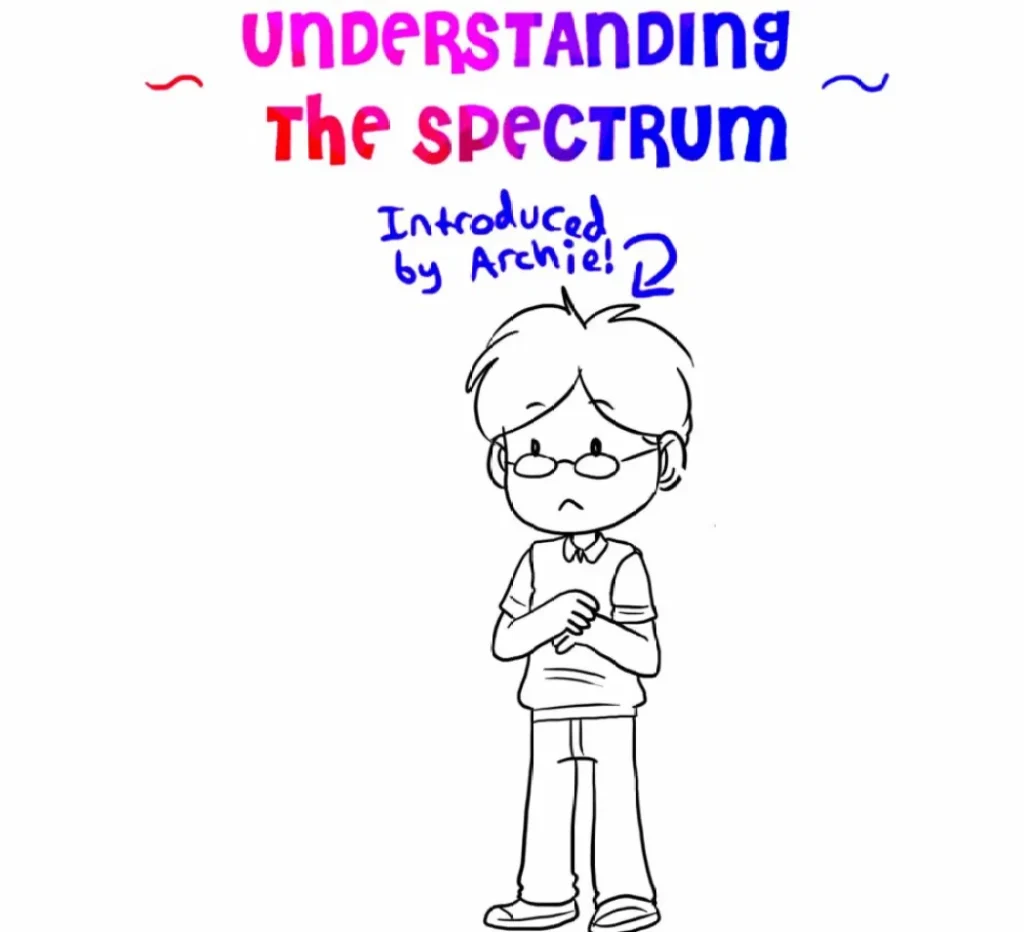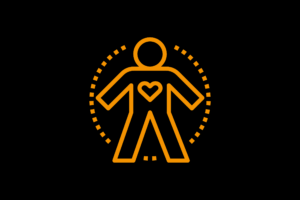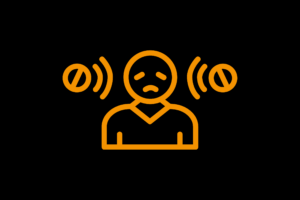‘Spiky profile’ is a term you’ve perhaps not heard of before. You’d be forgiven for thinking it has something to do with hedgehogs posing for social media, but it’s actually a way of describing a person’s skills and nothing at all to do with prickly mammals on Instagram.

When someone has a ‘spiky profile’ it means there is a big difference in their level of ability from one task to another. You might be really great at doing one thing, but then really struggle with something else. Maybe you’re a great mathematician but struggle to tie your shoe laces, or you could be an amazing story writer but find it impossible to remember your times tables.

The majority of people tend to presume if you’re ‘clever’ at one thing, that you’ll be equally as good at another, so might try to find other reasons why you’re not achieving as well in some areas – “They must be lazy” or “They’re not putting in enough effort!” Equally, if someone is seen to struggle with something it can then be assumed that they need help with EVERYTHING. Autistic people who find social situations tough, or have difficulty with verbal communication when they meet people can very often be under-estimated.
Although, it can be frustrating to be judged based on your skills in just one area, it can also be quite satisfying when you take people by surprise with the skills you excel in, and prove their expectations wrong!
Generally, it’s only when we are young and attend school that we are expected to participate in such a wide range of activities and learn so many different skills. As an adult, you might be able to choose a career that plays to your own strengths and interests, so having a spiky profile isn’t something that should hold you back.
It’s good to think about and notice what your own unique strengths and difficulties are. Then, if there’s something you do need extra help with, don’t be afraid to ask for support from those around you. If it helps, you can always explain to them about your ‘spiky profile’.
Writing led by Bobbie Gilham, Neurodivergent Parent of Autistic Teenager, Admin at Spectrum Gaming
Spiky Profiles in More Detail
One of the primary things I wish people knew about autism is that autistic people tend to have ‘spiky skills profiles:’ we are good at some things, bad at other things, and the difference between the two tends to be much greater than it is for most other people.
Because we are bad at some things, people often expect us to be bad at other things; for example, they see someone failing to conform with social expectations, and assume that person is not intelligent. But because we are good at some things, people are often impatient when we’re not as skilled or need support in other areas.
We are often taken to be “lazy” because we seem to master some things easily, but fail at things many find “simple.” Autistic kids suffer a lot in school because when they struggle with certain tasks or subjects and teachers often assume that it’s from a lack of effort.

Smooth and discontinuous spectra
If you think of skills as lying on a spectrum, some people have moderately high levels across the board. An autistic spectrum of skills is more like a series of bright peaks with dark troughs in between them. I accept that this is not quite the common description of the ‘autistic spectrum,’ but I stand by it.
Sometimes people talk about these islands of ability as ‘splinter skills’ — often autistic people are really very good at things we’re good at. Mostly the skills are the result of putting a lot of work in because we’re interested in it, not that we always have much control over where our interest takes us.

We all benefit from being around people who are not like us, as well as from people who are. The diversity of human thinking is one of our species’ great assets, and communities do best when they make the most of everybody’s strengths and support them with their difficulties. The first step in doing that is to recognise what those strengths and support-needs are.
Writing led by Fergus Murray, autistic science teacher and co-founder of AMASE
Read Fergus’ full article on the topic here: https://neuroclastic.com/autistic-skill-sets/
You can read Understanding the Spectrum by Rebecca Burgess here: https://the-art-of-autism.com/understanding-the-spectrum-a-comic-strip-explanation/




